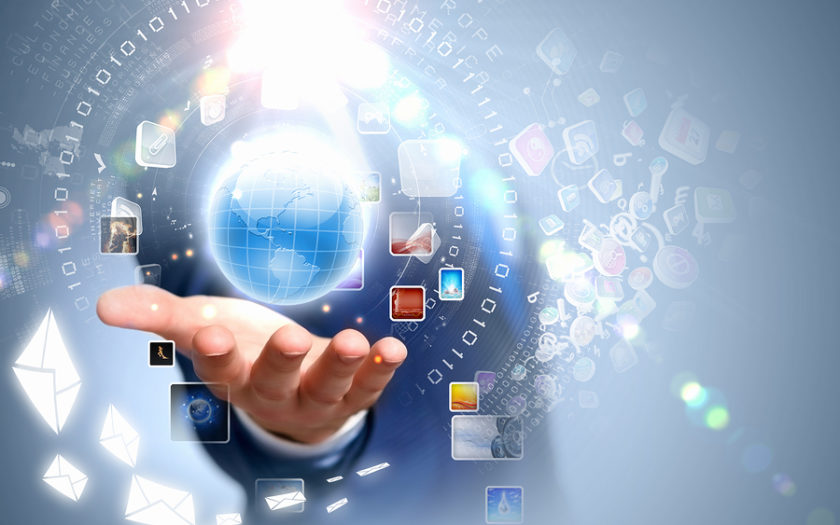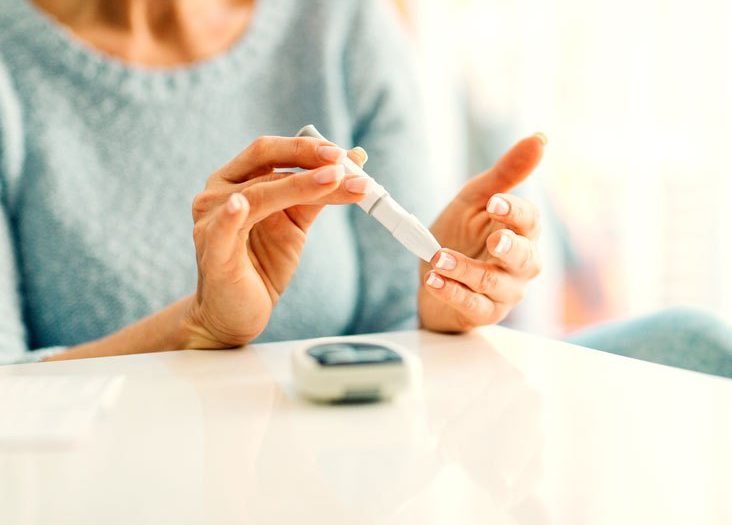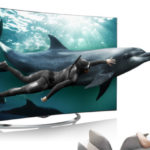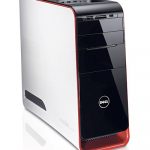How Do Technological Advances Affect Business in IT?
Hello everyone, I am writing this short article to educate users on what happens when peoples machines are too slow or too ‘old’ But what is old? 1 year, 5 years 10 years? There is no definitive answer, I have a 5 year old PC that I have looked after and it still zips a long and has no problem when it comes to e-mails, word processing and web browsing. Which is exactly what a business PC needs? So don’t ditch your old PC’s after 2 years and spend a ridiculous amount of money buying new ones, in fact… In most cases an upgrade my only be necessary and as long as you are running weekly virus scans, disk clean-ups and defragmentations your PC should remain healthy.
A lot of the technology market is driven by big companies, they force old products out by stopping all support for … Read More














